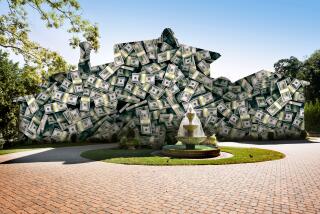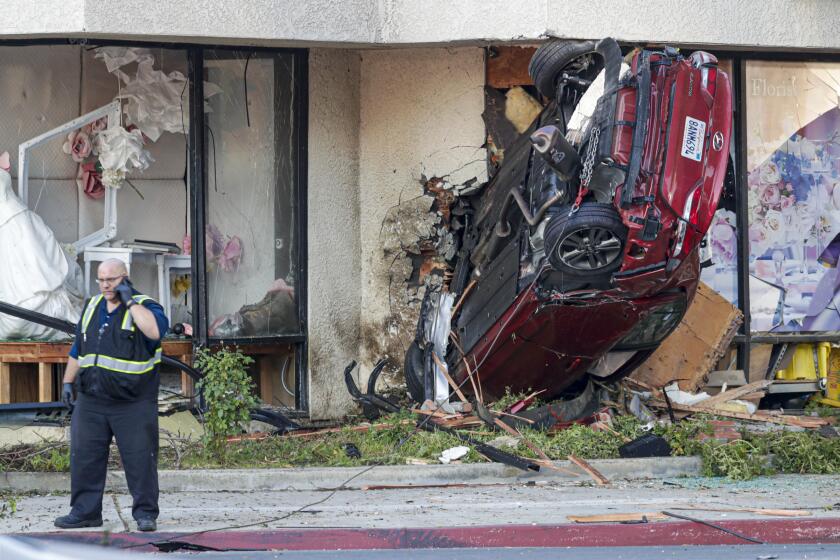Editorial: L.A., where tax breaks come easy -- for some
Nearly a decade ago, when Los Angeles gave a $270-million tax break to the developer of a 1,000-room luxury hotel at L.A. Live, city leaders described the deal as essential to spur downtown redevelopment and help the struggling Convention Center.
Today, however, downtown is booming and its hotels are doing brisk business, yet developers continue to line up for taxpayer handouts. Four more hotel projects have been approved for tax breaks worth half a billion dollars over the next two decades — money that otherwise would pay for police and fire services, street paving and tree trimming. Three more developers have asked for subsidies, and the City Council will vote Wednesday to study one of the requests. And it’s not just hotels: In March, city leaders let mall developer Westfield keep $59 million in city taxes for building a new shopping center in suburban Woodland Hills.
Convention Center Executive Director Robert “Bud” Ovrom recently took on the touchy subject of tax incentives. He agrees that L.A. needs more hotel rooms, but he questioned whether the projects seeking subsidies would include enough new rooms to help the Convention Center attract bigger, more profitable events. Ovrom called for a fresh look at how Los Angeles is using incentives downtown, but he raised points that should be considered citywide.
The City Council and the mayor run the risk of making tax breaks for big developers the norm. There is no comprehensive policy guiding decisions on when the city should consider subsidies to encourage economic development, which projects merit help or what taxpayers should get in return. As it is now, developers go to City Hall, pay for an independent economic analysis, and, if they have a “funding gap,” the city will generally allow them to keep about 50% of the new sales, hotel, utility and property taxes the project will generate for 25 years.
Proponents of the tax breaks say the city benefits from the construction, and that 50% of something is better than 100% of nothing. But that assumes developers won’t build in L.A. without an incentive. Perhaps that’s true of some projects in some communities; undoubtedly subsidies can play an important role in spurring economic development.
But would Westfield really have walked away from the fancy shopping center it wanted to build in Woodland Hills if it hadn’t gotten a tax break? It had already put nearly a decade into the process and gone through an environmental review, and it owns another shopping center directly across the street that houses Neiman Marcus and Cartier.
The city needs a more careful and studied approach to the process so that developers don’t immediately head to City Hall seeking subsidies they don’t need — and that don’t bring benefits for taxpayers.
More to Read
A cure for the common opinion
Get thought-provoking perspectives with our weekly newsletter.
You may occasionally receive promotional content from the Los Angeles Times.






